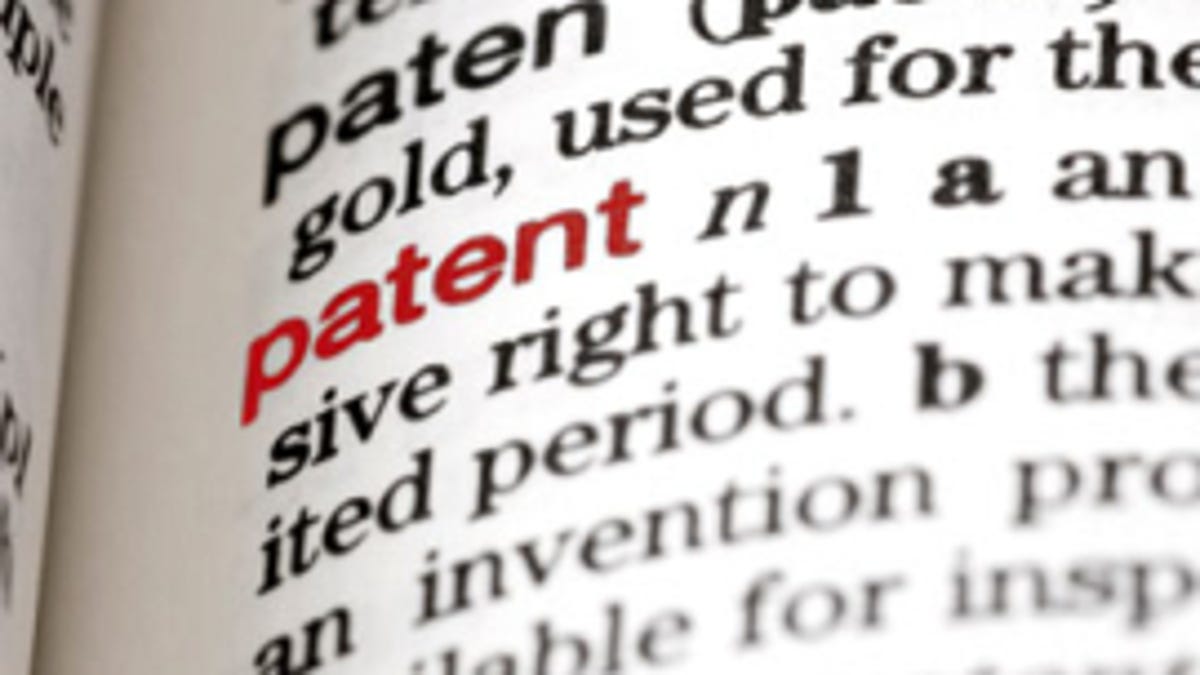Microsoft, Casio sign licensing deal over Linux
Casio will now have patent coverage for its use of Linux in some of its devices. The company has agreed to pay Microsoft an undisclosed fee for that right.

Casio has signed a patent-licensing deal with Microsoft that will allow the company to continue to sell devices running Linux.
Although the financial terms of the deal were not disclosed, Casio has agreed to pay Microsoft licensing fees for certain patents related to the use of Linux in its products. The products included in the deal were not disclosed.
Microsoft and Casio have had a business relationship for quite some time. According to Microsoft, Casio currently uses Microsoft software in its industrial handheld terminals and business information systems.
Since 2003, Microsoft has inked deals with a host of companies through its IP licensing program. According to the software giant, it currently has more than 700 licensing agreements in place. Many of those agreements have been signed with the Linux community. Over the years, Microsoft has argued that the use of Linux in devices is a violation of its patents, and thus, companies offering those devices have been forced to sign deals with the company, rather than face litigation.
Related stories:
• Microsoft inks another Linux-related IP license deal
• Microsoft closes another patent deal with the dregs of the commercial Linux community
• When will Microsoft sue Google over Linux?
Those licensing agreements have even spilled over into the mobile business. Earlier this month, Microsoft announced that it had signed a licensing deal with Acer. That deal will see Microsoft receive licensing fees from Acer, so that company can sell tablets and smartphones running Android. Neither company disclosed the terms of the deal.
But Microsoft hasn't only targeted Acer in its bid to receive licensing fees from Android vendors. ViewSonic and HTC, among others, have also cut deals with Microsoft over Android. What's more, Microsoft General Counsel Brad Smith said on Twitter that he expected more agreements with vendors to be announced soon.
"Today's 2 agreements make for 6 Microsoft patent deals in the last 75 days," Smith wrote on Twitter earlier this month. "It's safe to predict more will follow this fall."
However, not all companies have been so quick to pay up. Microsoft is currently embroiled in separate legal disputes against Barnes & Noble and Motorola Mobility over their use of Android. Those companies argue that they shouldn't be forced to pay licensing fees to Microsoft for their use of Android.
Of course, Microsoft disagrees, saying that Android is infringing many of its patents.
"The Android platform infringes a number of Microsoft's patents, and companies manufacturing and shipping Android devices must respect our intellectual property rights," Horacio Gutierrez, Microsoft's corporate VP and deputy general counsel for intellectual property and licensing, said in a statement in March.
Microsoft isn't alone in taking aim at Android. Oracle has targeted Google for allegedly violating Java-related patents in Android.

